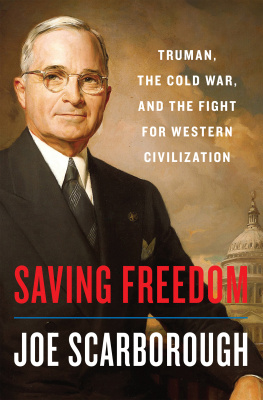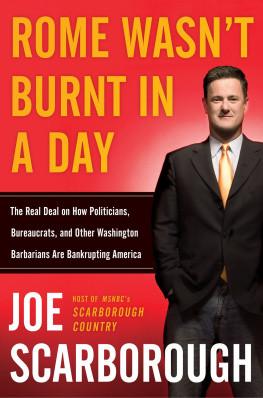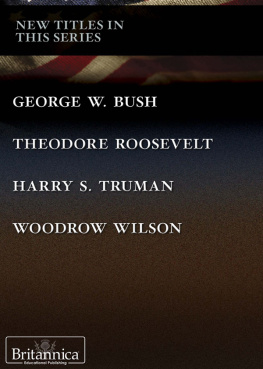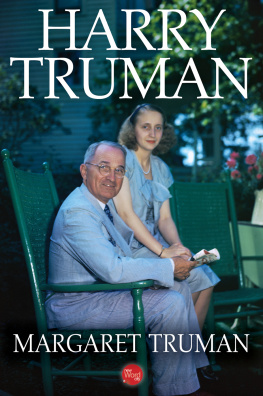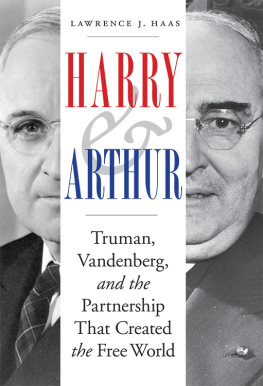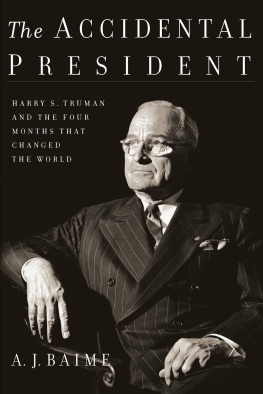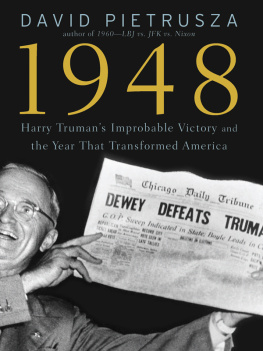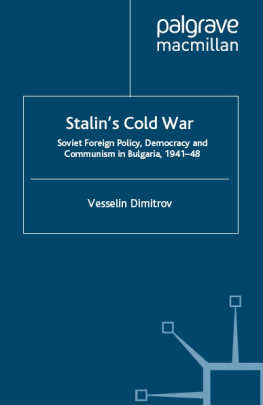Contents
Guide
The Right Path: From Ike to Reagan, How Republicans Once Mastered Politicsand Can Again
The Last Best Hope: Restoring Conservatism and Americas Promise
Rome Wasnt Burnt in a Day: The Real Deal on How Politicians, Bureaucrats, and Other Washington Barbarians Are Bankrupting America
SAVING FREEDOM . Copyright 2020 by Joe Scarborough. All rights reserved under International and Pan-American Copyright Conventions. By payment of the required fees, you have been granted the nonexclusive, nontransferable right to access and read the text of this e-book on-screen. No part of this text may be reproduced, transmitted, downloaded, decompiled, reverse-engineered, or stored in or introduced into any information storage and retrieval system, in any form or by any means, whether electronic or mechanical, now known or hereafter invented, without the express written permission of HarperCollins e-books.
FIRST EDITION
Cover design by Milan Bozic
Cover painting Pictures Now/Alamy Stock Photo
Library of Congress Cataloging-in-Publication Data
Names: Scarborough, Joe, author.
Title: Saving freedom : Truman, the Cold War, and the fight for Western civilization / Joe Scarborough.
Other titles: Truman, the Cold War, and the fight for Western civilization
Description: First edition. | New York, NY : Harper, an imprint of HarperCollins Publishers, [2020] | Includes bibliographical references and index.
Identifiers: LCCN 2020030732 (print) | LCCN 2020030733 (ebook) | ISBN 9780062950499 (hardcover) | ISBN 9780062950512 (ebook)
Subjects: LCSH: United StatesForeign relations19451953. | Truman, Harry S., 18841972. | United StatesPolitics and government19451953. | United StatesForeign economic relationsEurope. | Cold War.
Classification: LCC E813 .S33 2020 (print) | LCC E813 (ebook) | DDC 973.918092dc23
LC record available at https://lccn.loc.gov/2020030732
Digital Edition NOVEMBER 2020 ISBN: 978-0-06-295051-2
Version 10122020
Print ISBN: 978-0-06-295049-9
To the memory of Dr. Brzezinski and all those public servants who dedicated their lives to liberating Europe from the scourge of Soviet communism
I have sworn upon the altar of God, eternal hostility against every form of tyranny over the mind of man.
T HOMAS J EFFERSON
In the long run the strength of our free society, and our ideals, will prevail over a system that has respect for neither God nor man.
H ARRY T RUMAN
Contents
THE PORTRAITS OF HARRY Truman and Ronald Reagan hung in my congressional office throughout the time I served in Congress. The image of Reagan surprised few, since most viewed me as a fire-breathing Republican whose small-government crusades on the House floor and in GOP caucus meetings seemed extreme even to Republican peers. Besides, Ronald Reagan was a unifying figure who left office with high approval ratings and an abundance of goodwill. But Trumans portrait, the same that graces the cover of this book, surprised visitors. In his time, Harry Truman was not a beloved figure even among Democrats. Unlike the Gipper, Truman departed the White House with historically low levels of support. Still, I considered myself a conservative more than a Republican, and in the Scarborough household, being conservative was defined primarily by ones status as a Cold War hawk. Truman fit that bill and was, in fact, the first Cold Warrior in the White House.
When I came to Washington in 1994, the United States was still basking in the glow of its victory over Soviet totalitarianism. The Iron Curtains collapse was nothing less than an epochal achievement made possible by the cooperation between nine American presidents and congressional leaders from both parties. A continuity of policy and purpose was woven seamlessly through every presidency from Harry Trumans to George H. W. Bushs. That singular focus occassionally led to disastrous outcomes: the tragic legacy of Vietnam is shared by John F. Kennedy, Lyndon Johnson, and Richard Nixon. But Cold War diplomats like George Kennan, Henry Kissinger, Zbigniew Brzezinski, and Brent Scowcroft served both Republican and Democratic presidents alike, and their central focus across five decadesa commitment to toppling an evil empire responsible for the deaths of millions of its own citizensultimately proved to be a moral campaign that required great skill and endless fortitude.
Ronald Reagan and George H. W. Bush may have expedited and managed the Cold Wars end, but it was Harry Truman whom history called upon to engage the Soviet Union in a struggle for world supremacy during a time when most Americans were war-weary and exhausted by their role in resolving the endless tragedies of twentieth-century Europe. Truman knew ignoring Stalins expansion across Central Europe was as unwise as the appeasing of Hitlers advances across that same continent a decade earlier; and yet, like his predecessor Franklin Roosevelt in the lead-up to World War II, Truman faced resistance from Republicans in Congress and progressives in his own party. Worse yet, many of Trumans own allies considered the new president ill equipped to confront Soviet expansionism and lead America through the postwar crises it would soon confront.
The journalist and historian Herbert Agar called Truman a strange little man, and others shared that harsh assessment when the former Missouri senator assumed the presidency after Franklin D. Roosevelts death in April 1945. Just twenty years earlier, the failed businessman had been defeated in his bid for reelection as county judge back home in Independence. The machine backing Truman thought so little of him that party bosses only allowed him to campaign for the United States Senate in 1934 after their first four choices refused to run. Even after his surprising win, the New York Times dismissed the incoming senator as a rube. Truman would spend the next six years absorbing a steady stream of abuse while championing FDRs New Deal agenda, but his unremitting loyalty was not returned by the Democratic president, who refused to campaign for Trumans reelection bid or even endorse him. The St. Louis Dispatch dismissed Truman as a dead cock in the pit in that reelection battle against a popular Missouri governor. But Harry Truman would run and win as an underdog again, and once more shock Washington insiders who shared the Dispatchs grim take on his chances. That would be far from the last time the five-foot-nine-inch commoner with an explosive temper and poor eyesight exceeded all the low expectations placed upon his narrow shoulders.
Four years after refusing to endorse Trumans reelection bid, a dying Roosevelt glumly selected the unrefined senator as his vice presidential pick in 1944. An FDR aide later admitted, We chose Truman because all of us were tired. Roosevelts own chief of staff, Admiral William Leahy, brusquely asked his boss during those deliberations, Who the hell is Harry Truman? The medias reaction was no less caustic. Time magazine responded to Trumans nomination by describing him as the mousy little man from Missouri. Others mocked FDRs VP choice as the Second Missouri Compromise.
Even after Harry S. Trumans elevation to the White House, the slights continued. To err is Truman was a jab Republican and Democrats alike used to target a politician who, at times, seemed hopelessly overmatched by the challenges confronting his presidency. My own family, who suffered through the darkest days of the Great Depression in rural Georgia, survived those desperate times because of Roosevelts New Deal; a picture of FDR hung on my grandmothers wall until she died at the age of ninety-three, a half a century after Roosevelts own death. And yet my mom remembered with a laugh her poor, rural family mocking the lack of abilities exhibited by fellow Baptist and Democrat Harry S. Truman. Like Washington elites and press barons in New York City, the Clarks of Dalton, Georgia, saw Truman as a country bumpkin unfit to lead the country, much less carry through on Roosevelts legacy.

